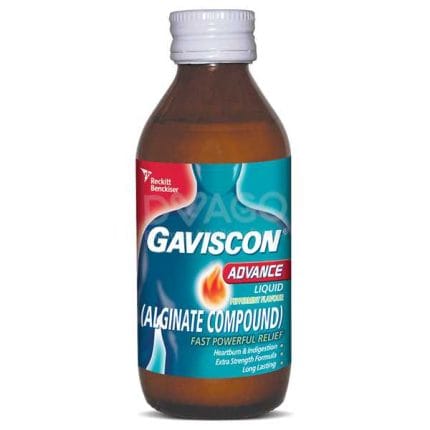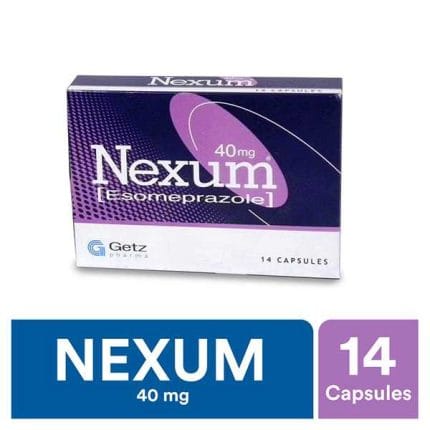Requires Prescription: Yes
Generics: Orlistat
Used For: Obesity
How It Works:
Orlistat aids in weight loss by reducing the absorption of dietary fat in the intestines. It functions by inhibiting lipase, an enzyme responsible for breaking down dietary fat into smaller components that can be used or stored for energy.
Dosage:
As directed by your healthcare provider, typically involving Orlistat.
Side Effects:
Common: Faecal incontinence, oily stools, gastrointestinal disturbances, respiratory infections, influenza, headache, menstrual irregularities, anxiety, fatigue, urinary tract infections.
Rare: Elevated liver enzymes, hepatitis, rectal bleeding.
Drug Interactions:
Potential Interactions: Ciclosporin, Acarbose, Warfarin, fat-soluble vitamins, Amiodarone, antiepileptic medications, Levothyroxine, antiretrovirals for HIV, antidepressants, antipsychotics, benzodiazepines.
Indication:
Used for weight loss management.
When Not to Use:
Contraindications: Known hypersensitivity to Orlistat or any excipients, chronic malabsorption syndrome, cholestasis, and breastfeeding.
Precautions:
Weight loss with Orlistat may be less effective in individuals with type II diabetes compared to non-diabetic patients. Close monitoring of anti-diabetic treatments may be required.
Warnings:
Dietary Adherence: Patients should follow prescribed dietary guidelines to maximize the benefits of Orlistat.
Antiepileptic Medication: Orlistat may reduce the absorption of antiepileptic drugs, potentially leading to convulsions. Regular monitoring is recommended.
Rectal Bleeding: Any occurrence of rectal bleeding should be investigated, particularly if symptoms are severe or persistent.
Additional Information:
Pregnancy Category: Consult your physician before using this medication if you are pregnant or planning to become pregnant.
Storage: Store at room temperature, away from direct light and heat.






















Reviews
There are no reviews yet.